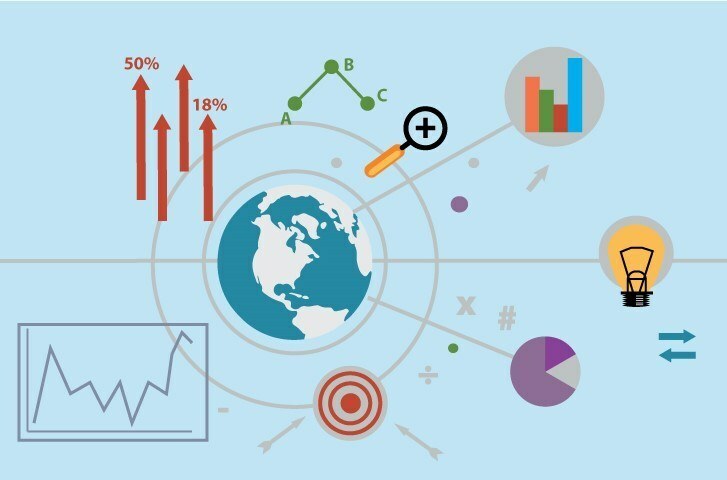From Collection to Connection: How Brain-CODE is accelerating research through data sharing

Data is the fuel that drives the engine of research. Researchers meticulously collect the data needed to answer questions about health and disease, like ‘what genes are risk factors for autism?’, or ‘why do some people recover faster from concussion than others?’. Each data point gathered from patients through clinical questionnaires, blood samples, brain scans, and a myriad of other medical tests has significant value. It has value because it helps answer the research question it was collected for by filling in missing pieces of the puzzle in our understanding of brain health and disease.
But if we consider the time and cost invested by both the patient and researcher to contribute, collect, and analyze data, the value of the data should not end at just the primary research question. Ideally, the data can be reused by other researchers to answer other questions about health and disease. And this is what Brain-CODE, the Ontario Brain Institute’s state-of-the-art neuroinformatics and analytics platform, is set up to do. In addition to collection, Brain-CODE allows data to be shared so it can be connected to other research questions and other data sets to accelerate research into brain disorders. It is an efficient way to improve the reproducibility and openness of research and importantly respects the patient by allowing their contribution to continue supporting research, beyond the original study.
Brain-CODE now boasts 11 data releases spanning over a dozen brain disorders, open and available to researchers around the world. To date, Brain-CODE has facilitated 335 data requests from researchers in the US, Europe, Asia, South America, and here in Canada.
For example, Neumora, a leading biotechnology company based in the US is using data from the Canadian Biomarker Integration Network in Depression’s (CAN-BIND) foundational study to investigate hypotheses about the age prediction of depression as well as antidepressant therapy outcomes. The team from Neumora noted in a recent public posting, “We're excited to work with OBI to further our work in neuropsychiatry through analysis of CAN-BIND's multi-modal data set in major depressive disorder. OBI’s integrated model fosters scientific collaboration and encourages data sharing so that they can maximize the impact of clinical research and support the development of products and services that improve the lives of those living with brain disorders.”
Another example involves connecting with the Ontario Neurodegenerative Disease Research Initiative (ONDRI) data to better understand how gait, balance, and motor control relate to cognitive decline. Dr. Vânia Guimarães at Fraunhofer Portugal AICOS says, “Getting access to ONDRI data was crucial for advancing my PhD research. It allowed me to investigate new computational methods for detecting cognitive impairment using walking and multitasking metrics. This research direction became feasible thanks to the extensive effort and resources dedicated to collecting and compiling such a comprehensive dataset. The substantial value of ONDRI data extends beyond its utility for researchers; it holds significant potential to benefit patients and caregivers as well.”
As we move from collection to connection, Brain-CODE is helping position Ontario as a world leader in data sharing. "Ontario is investing in research and innovation across the province and recognizes how valuable collaboration and data are to our province’s researchers," said Jill Dunlop, Ontario’s Minister of Colleges and Universities. "The Ontario Brain Institute’s release of data is instrumental to supporting and accelerating future breakthroughs in research that can help people with brain disorders maintain a better quality of life – something all Ontarians deserve.”
With Brain-CODE and related data initiatives, OBI is working in support of the Ontario government’s strategy to building a world-leading digital economy that puts people first and delivers a more prosperous future, especially in terms of brain health-related care. Explore brain-health related data on Brain-CODE
“Making critical patient data available to the international scientific community, while protecting the identity of research study participants, sets Ontario apart as a global leader in open science and data sharing.”
